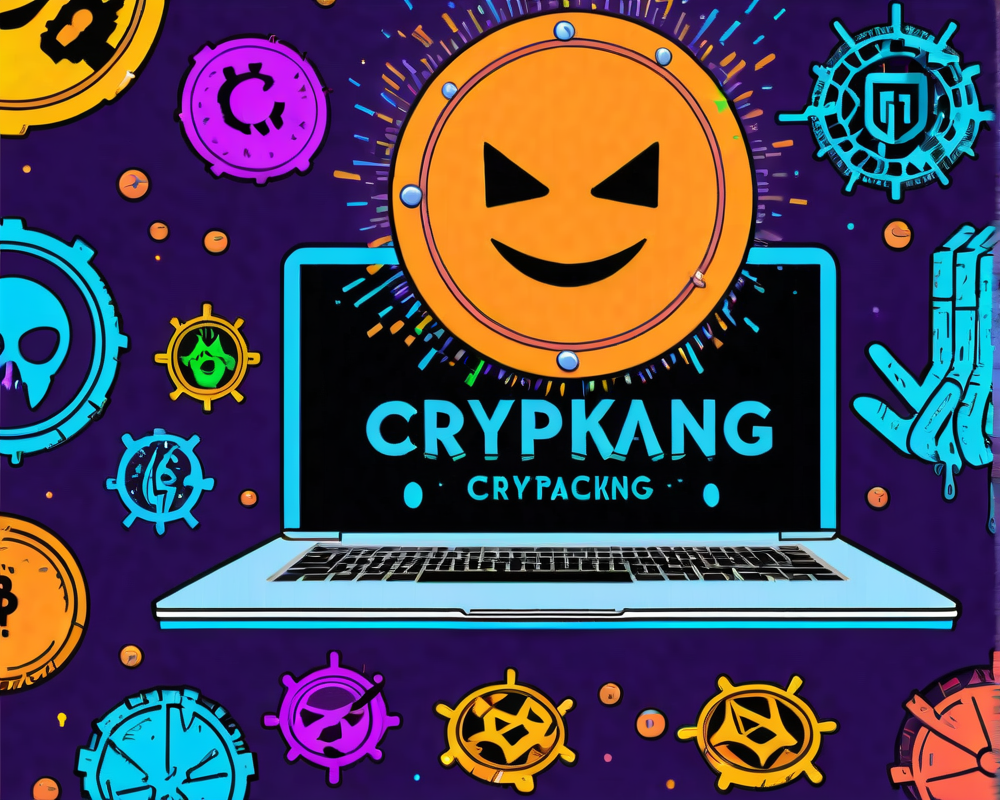In an era where trust in electoral systems is becoming more fragile than a house of cards in a windstorm, major tech figures are advocating for a blockchain-based revolution in voting. Among the loudest proponents are Binance’s CEO Changpeng Zhao (CZ) and Ethereum co-founder Vitalik Buterin, both of whom are convinced that the future of democracy in the United States could lie in the hands of blockchain technology.
Why the Urgent Call for Blockchain Voting?
The conversation reignited after the controversial aftermath of the 2020 U.S. presidential election, which left many citizens scratching their heads and wondering just how effective their vote really was. CZ took to Twitter, stating that it’s high time developers get cracking on a mobile voting app powered by blockchain.
The Benefits: Fast, Secure, and Private?
According to CZ, a blockchain voting system wouldn’t just soothe electoral anxiety but would also introduce benefits that sound almost utopian:
- Speed: The quicker we can confirm results, the less time we have to spend holding our breath.
- Privacy: Enhanced privacy would take our voting info and shove it under the proverbial rug.
- Legitimacy: No more questions about whether the votes cast were real and counted.
“Develop something now, get it approved, and you could potentially onboard over 300 million KYC’ed users by 2024! Sounds simple, right?” he challenged developers.
Vitalik Buterin’s Cautionary Tale
Buterin quickly pointed out that while the concept is directionally correct, the practicality of crafting a secure cryptographic voting system is a sticky wicket. His take? The technical hurdles are more than just “how many burgers should we order for the developer meet-up?”
“The challenges are significant and often underestimated,” Buterin explained, urging a more measured approach.
The Dissenting Voice: Not Quite Ready for Blockchain Democracy?
Not everyone is rolling out the red carpet for this blockchain party. MyCrypto’s Taylor Monahan threw a bit of cold water on the whole operation, suggesting that our current digital playground is filled with more hazards than a toddler in a Lego store.
With ongoing issues such as scams and hacks littering the cryptocurrency landscape, Monahan argued, “We can’t seem to secure fake internet money, so why on earth would we trust this ‘blockchain democracy’ to accurately reflect the will of the people?” Caution indeed!
Success Stories and Learning Curves
Interestingly, whispers of successful blockchain voting systems have emerged, such as the one initiated in Russia, which allegedly recorded nearly 300,000 votes. Meanwhile, Jonathon Johnson from Overstock believes that existing apps like Voatz could have mitigated many current election issues, despite significant scrutiny around their security.
As we stand at this crossroads, one thing is clear: while blockchain holds promise, its journey to reshape democracy isn’t as straightforward as it might seem. After all, improving upon a system that still struggles to beat a 73% accuracy rate may require a lot more than a few coding superheroes.




